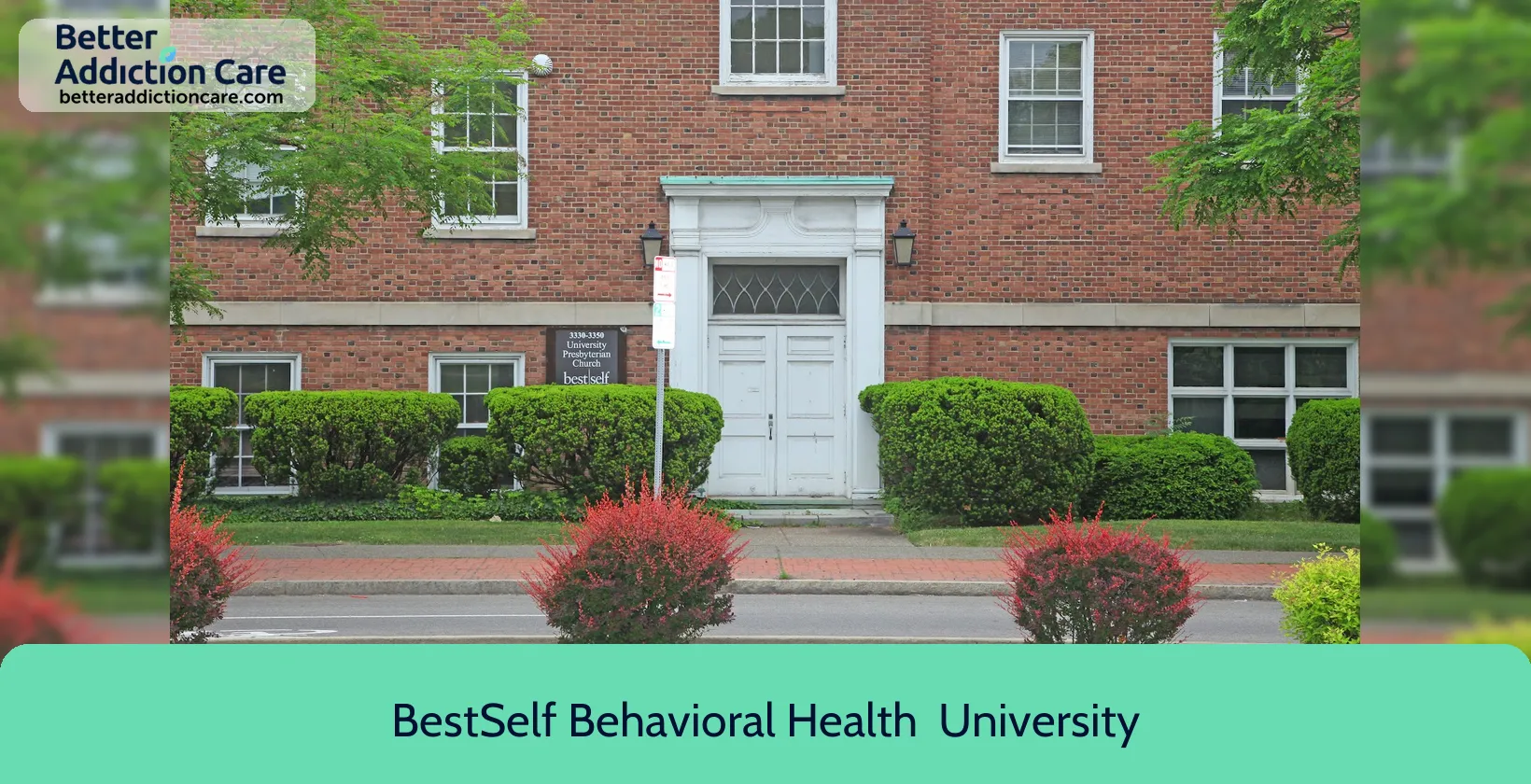Lighthouse Women's Residential Treatment Program

Overview
Lighthouse Women's Residential Treatment Program is a substance abuse treatment center for people seeking treatment near Erie County. As part of their treatment modalities for recovery, Lighthouse Women's Residential Treatment Program provides cognitive behavioral therapy, telemedicine/telehealth therapy, and substance use disorder counseling during treatment. Lighthouse Women's Residential Treatment Program is located in Buffalo, New York, accepting cash or self-payment for treatment.
Lighthouse Women's Residential Treatment Program at a Glance
Payment Options
- Cash or self-payment
- Medicaid
- State-financed health insurance plan other than Medicaid
- Private health insurance
Assessments
- Comprehensive mental health assessment
- Comprehensive substance use assessment
- Screening for mental disorders
- Screening for substance use
- Professional interventionist/educational consultant
Age Groups
- Young adults
- Adults
- Seniors
Ancillary Services
- Case management service
- Integrated primary care services
- Suicide prevention services
- Residential beds for client's children
- Child care for client's children
Highlights About Lighthouse Women's Residential Treatment Program
7.36/10
With an overall rating of 7.36/10, this facility has following balanced range of services. Alcohol Rehabilitation: 8.00/10, Drug Rehab and Detox: 7.85/10, Insurance and Payments: 6.00/10, Treatment Options: 7.58/10.-
Alcohol Rehabilitation 8.00
-
Drug Rehab and Detox 7.85
-
Treatment Options 7.58
-
Insurance and Payments 6.00
Accreditations
Council on Accreditation (COA):
The Council on Accreditation (COA) is a non-profit that provides accreditation to human services organizations to ensure they meet high standards in service delivery. The accreditation process involves evaluating the organization's policies, practices, and services to meet specific standards.
Federally Qualified Health Center:
Federally Qualified Health Center (FQHC) accreditation is a process of evaluation and recognition by the federal government for community health centers that provide comprehensive and accessible healthcare services to underserved populations. FQHC accreditation is essential for centers to receive federal funding and to ensure that they meet standards for quality, patient-centered care.
Treatment At Lighthouse Women's Residential Treatment Program
Treatment Conditions
- Mental health treatment
- Alcoholism
- Substance use treatment
- Co-occurring Disorders
Care Levels
- Hospital inpatient treatment
- Long-term residential
- Aftercare
Treatment Modalities
- Cognitive behavioral therapy
- Telemedicine/telehealth therapy
- Substance use disorder counseling
- Trauma-related counseling
- Smoking/vaping/tobacco cessation counseling
Ancillary Services
Additional Services
- Pharmacotherapies administered during treatment
- Mentoring/peer support
- Breathalyzer or blood alcohol testing
Special Programs
- Clients with co-occurring mental and substance use disorders
- Veterans
- Criminal justice (other than DUI/DWI)/Forensic clients
- Pregnant/postpartum women
- Clients with HIV or AIDS

Additional Locations
Get Help Now
Common Questions About Lighthouse Women's Residential Treatment Program
Contact Information
Other Facilities in Buffalo
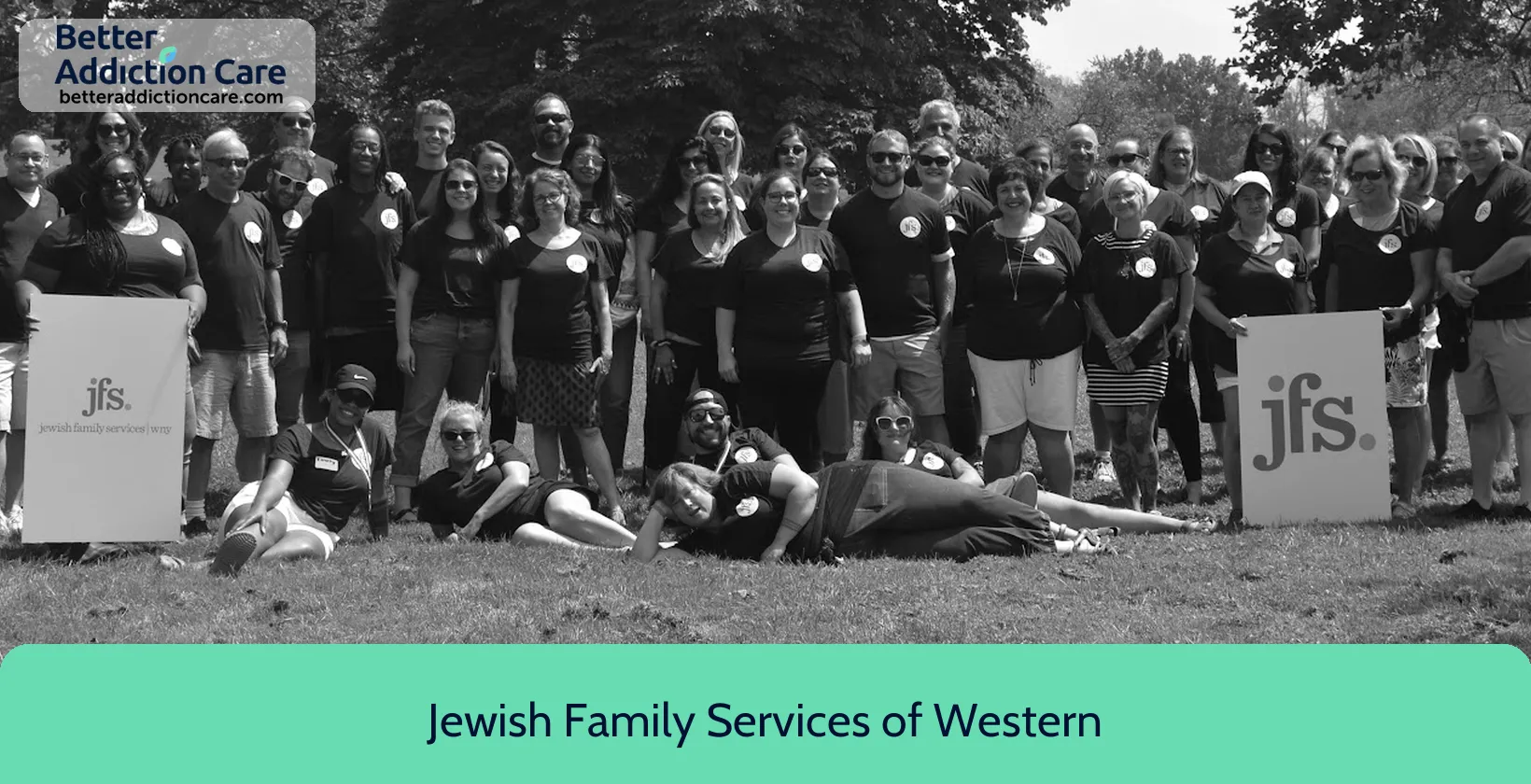
6.65

6.74
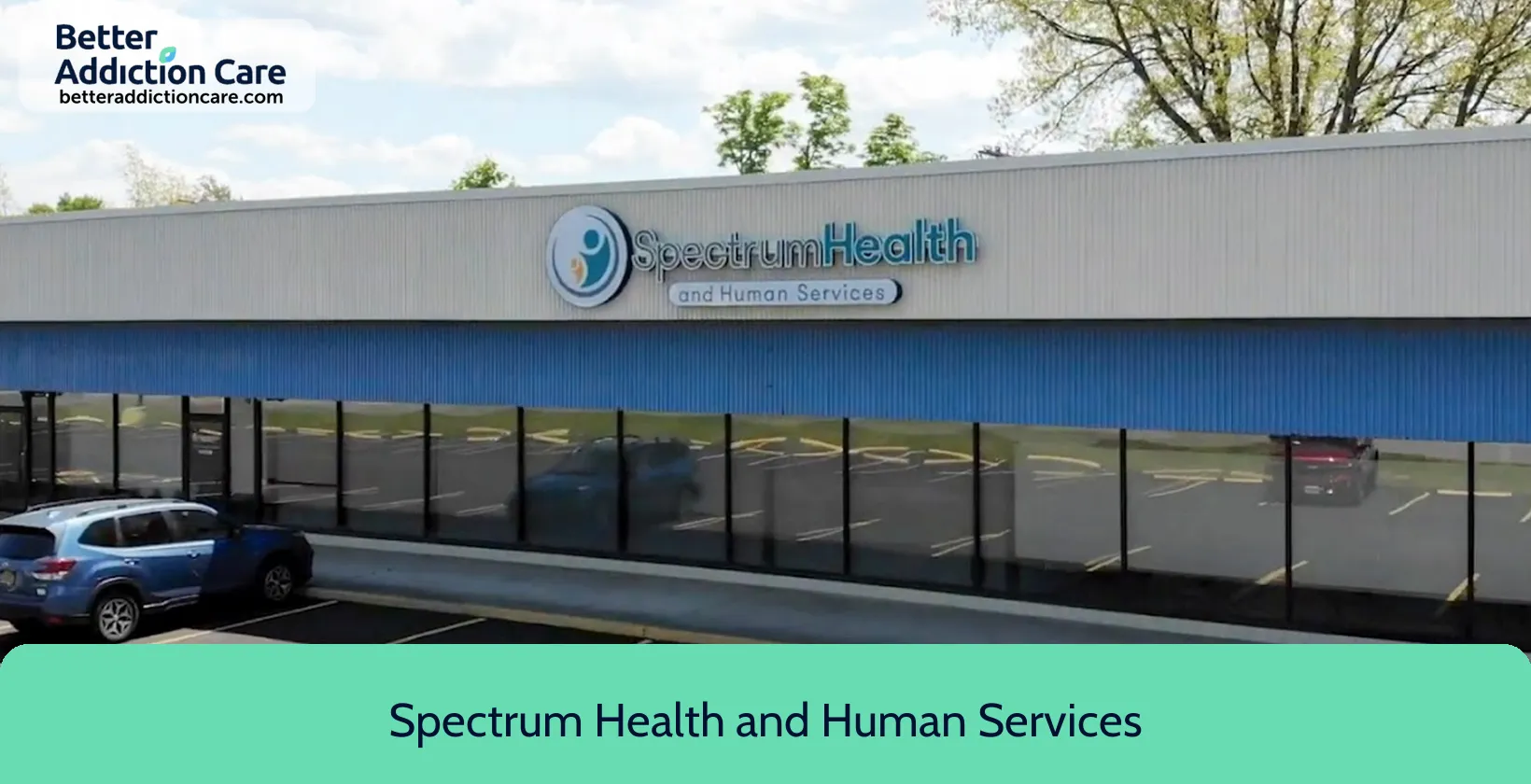
7.39
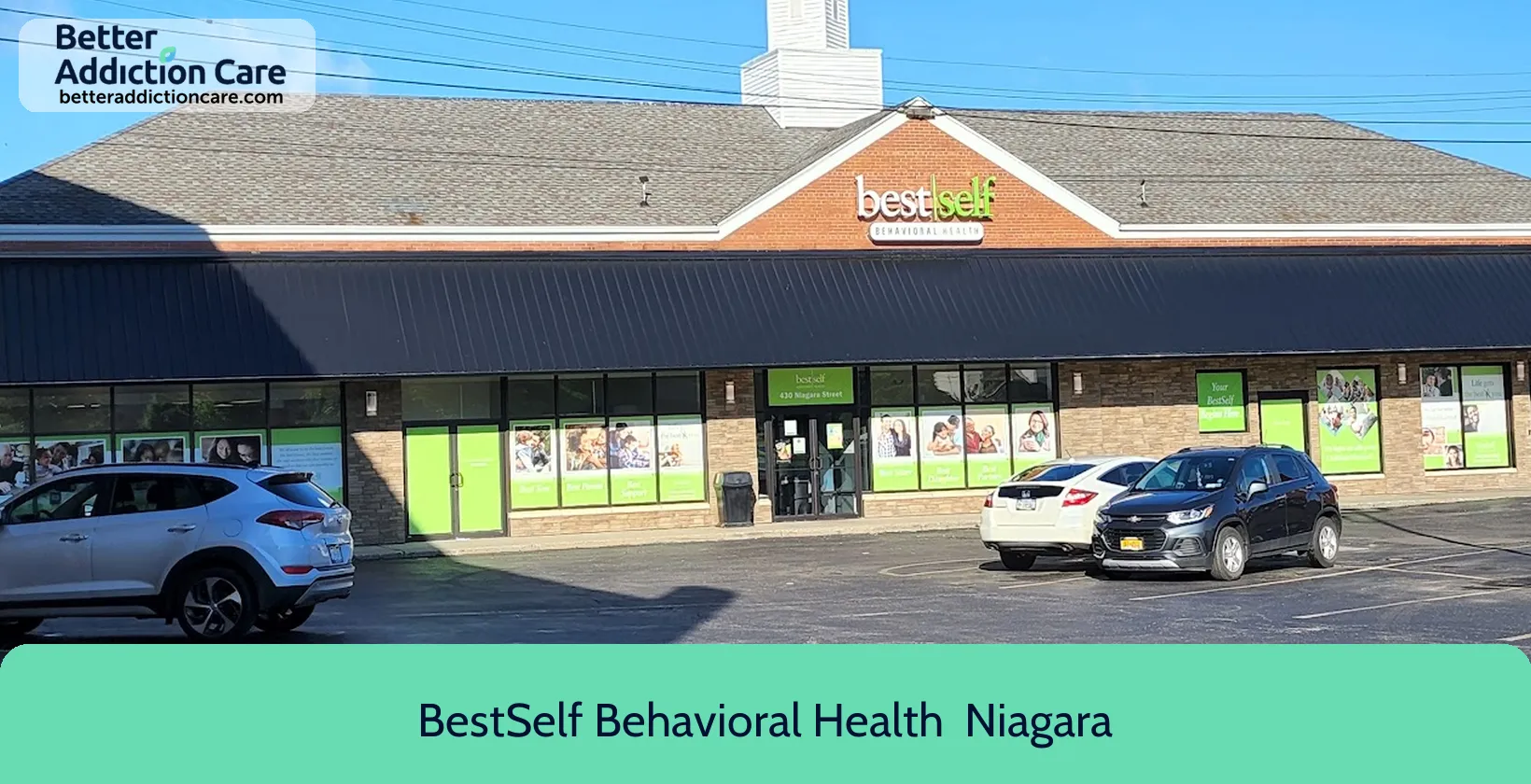
6.74
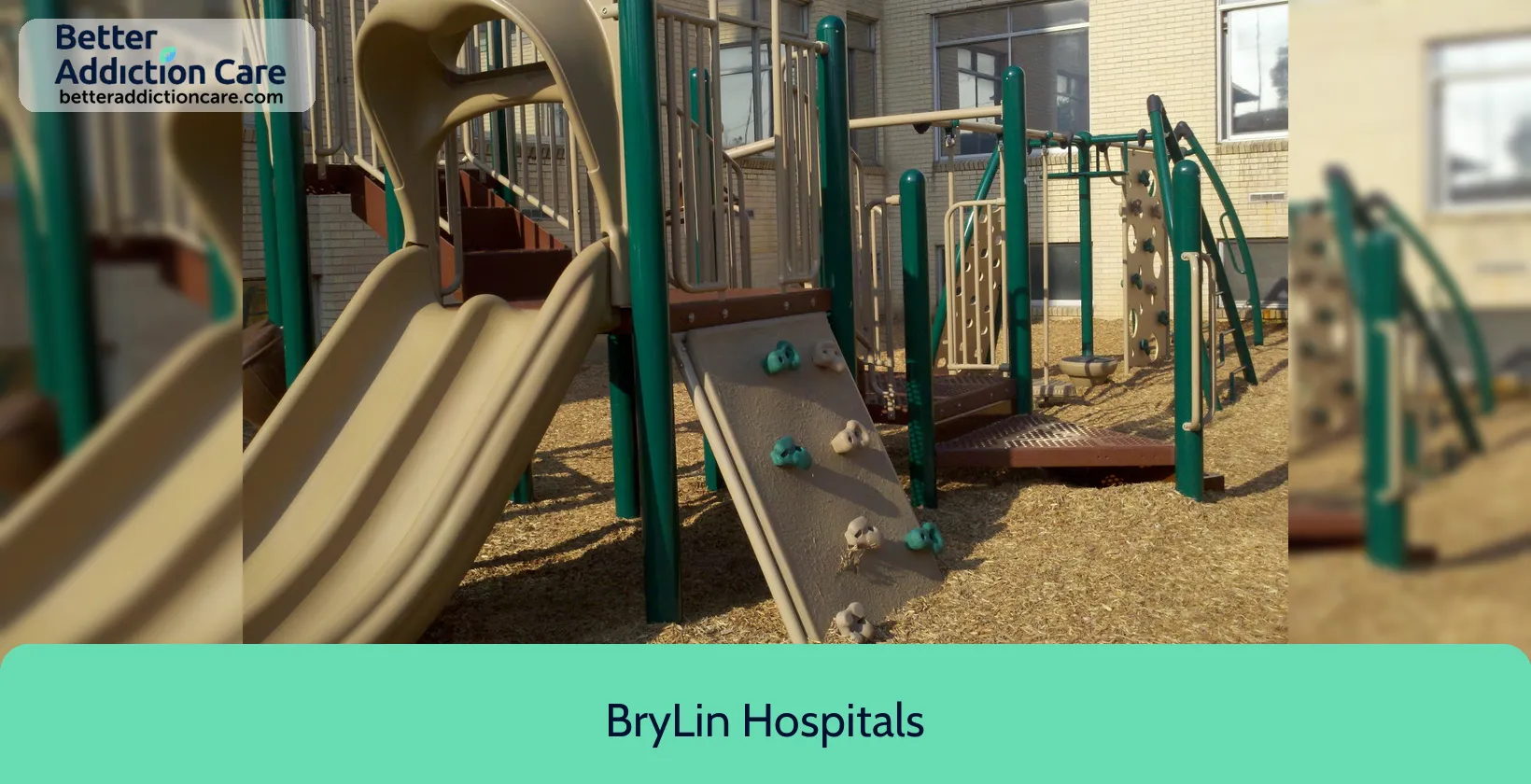
6.68

7.51
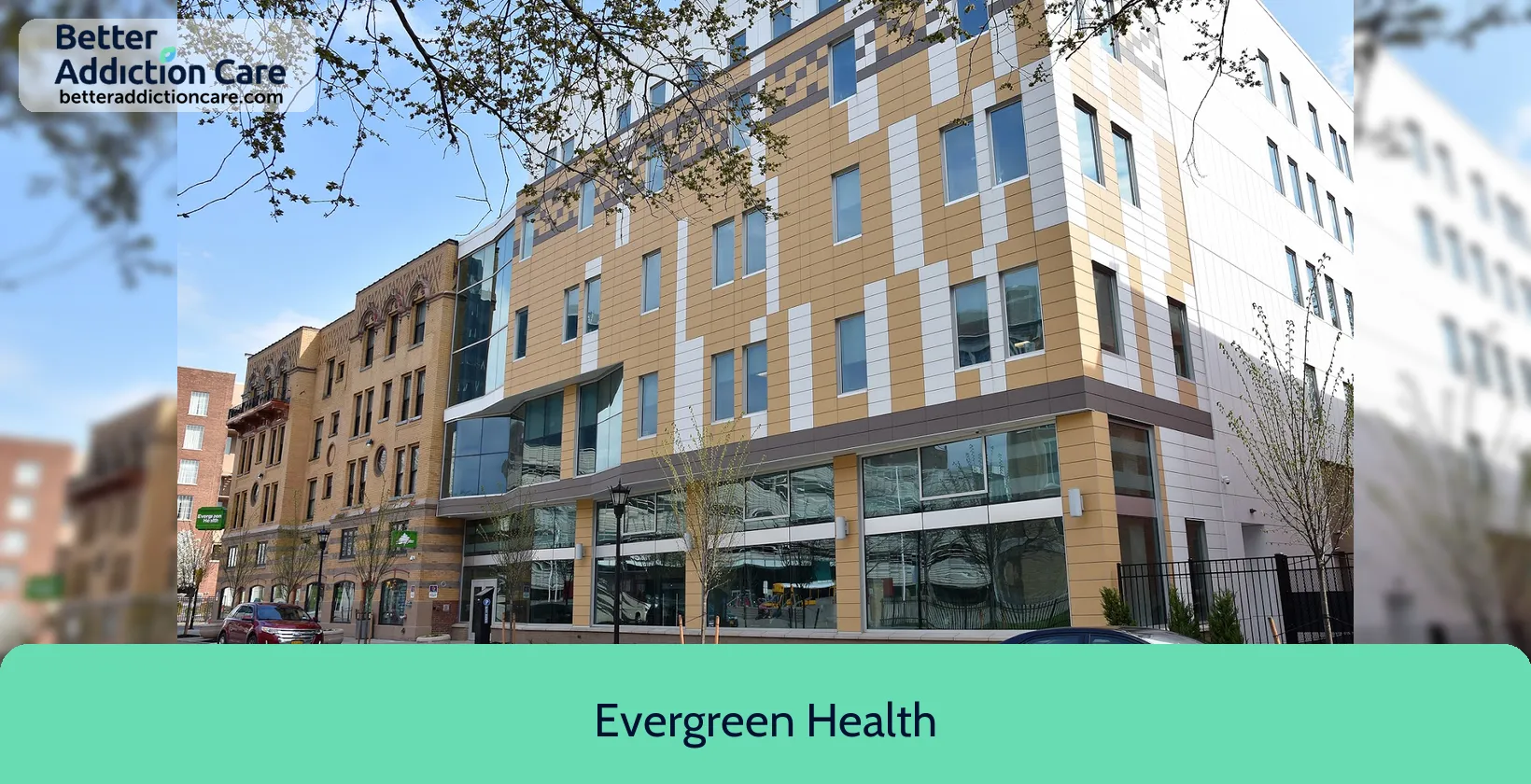
7.39

7.93
DISCLAIMER: The facility name, logo and brand are the property and registered trademarks of Horizon Village: Terrace House, and are being used for identification and informational purposes only. Use of these names, logos and brands shall not imply endorsement. BetterAddictionCare.com is not affiliated with or sponsored by Horizon Village: Terrace House.
